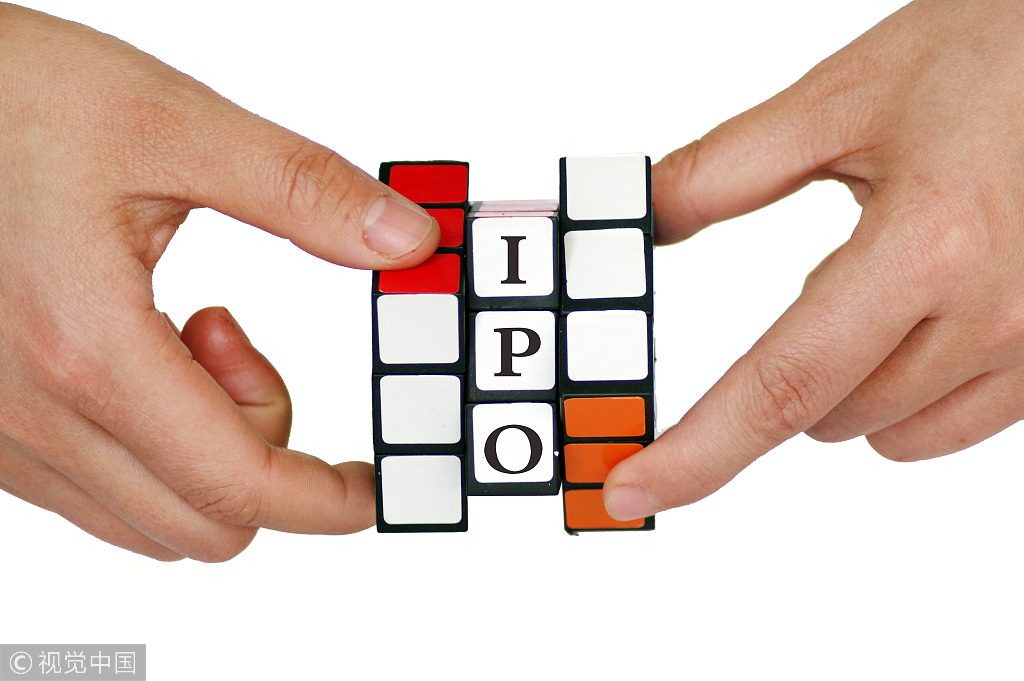IPO journeys outside mainland may slow in 2019


Chinese tech companies' moves to Hong Kong and overseas IPO applications may slow down in 2019, the 21st Century Business Herald reported on Tuesday.
Chinese technology, media and telecommunication companies' move to file for IPOs in Hong Kong and US capital markets may fall due to uncertainties — including declining global growth projections for 2019, and China-US trade tensions, said Gao Jianbin, PwC China's TMT leader.
Chinese TMT companies' total financing increased to 225.9 billion yuan ($33.74 billion) in 2018, three times the number from the previous year, and it was ordinary for the companies to file for IPOs in Hong Kong or the overseas market, according to the data with PwC.
In the second half of last year, 31 out of 40 Chinese TMT companies chose Hong Kong and overseas capital markets for IPOs, and they financed 94 percent of total funds in the same period, data showed.
Hong Kong introduced new policies on listing, attracting many high-tech unicorn companies in 2018. With the launching of a science and technology innovation board and registration system pilot program, the proportion of IPO listings will reverse substantially reversed in the Chinese mainland versus Hong Kong and overseas markets, said Li Xuemei, PwC capital market services partner.
The listing of TMT companies in Chinese mainland's capital market is expected to increase with the launch of the science and technology innovation board this year, Gao said.
In 2019, the board will be an "innovative pilot" in the Chinese capital market and new policies, including a pilot registration system, will provide more opportunities for Chinese TMT companies to file for IPOs in the domestic market, said Ni Jing'an, PwC China science and technology industry managing partner.
The science and technology innovation board will focus on high-tech industries and strategic emerging industries including the new generation of information technology, advanced equipment, new materials and new energy, so the listed companies will be mainly in the semiconductor, artificial intelligence and smart manufacturing industries, said Li Xuemei, PwC capital market services partner.
To improve the A-share market's system in verification, the science and technology innovation board should emphasize revealing more information on corporate business risks, strategies and core technologies, Li said.
Innovative technology enterprises are highly digitalized, so high-tech methods are possible to check information systems and avoid the possibility of financial fraud, Li added.
Li also suggested further expanding the inclusion of red chips and variable interest entities or VIE structure enterprises, and lowering the threshold to an appropriate level through procedures.
VIE structures enable investors abroad to invest in and control mainland-based companies by contract instead of ownership, and "red-chip enterprises" refers to companies operating in China but registered overseas.
The science and technology innovation board will be launched in a bid to leverage financial reforms to boost the development of the high-tech sector and to advance the transitioning economy. It was first proposed in November 2018, was approved in late January and has since been pushing forward at full speed.



































